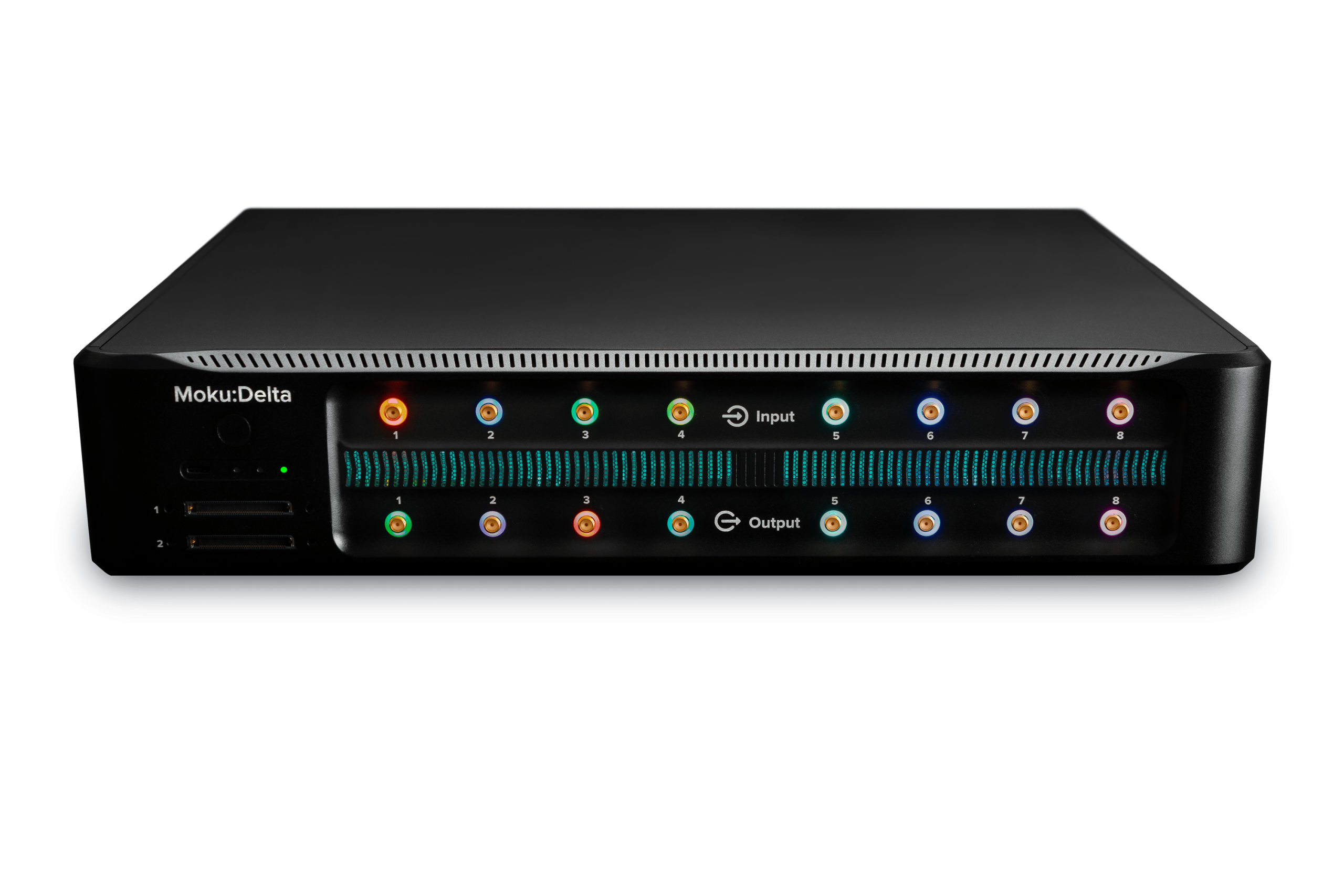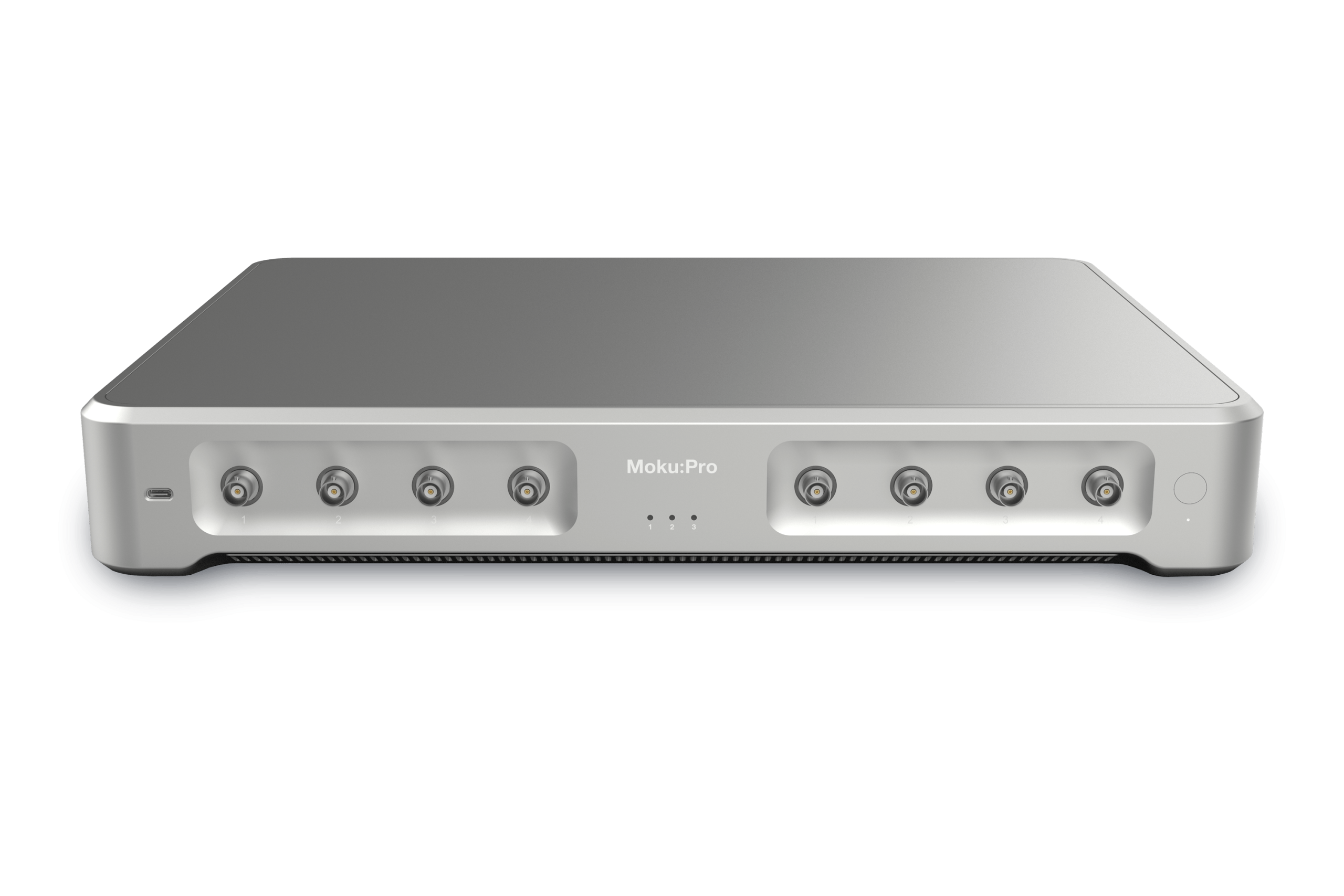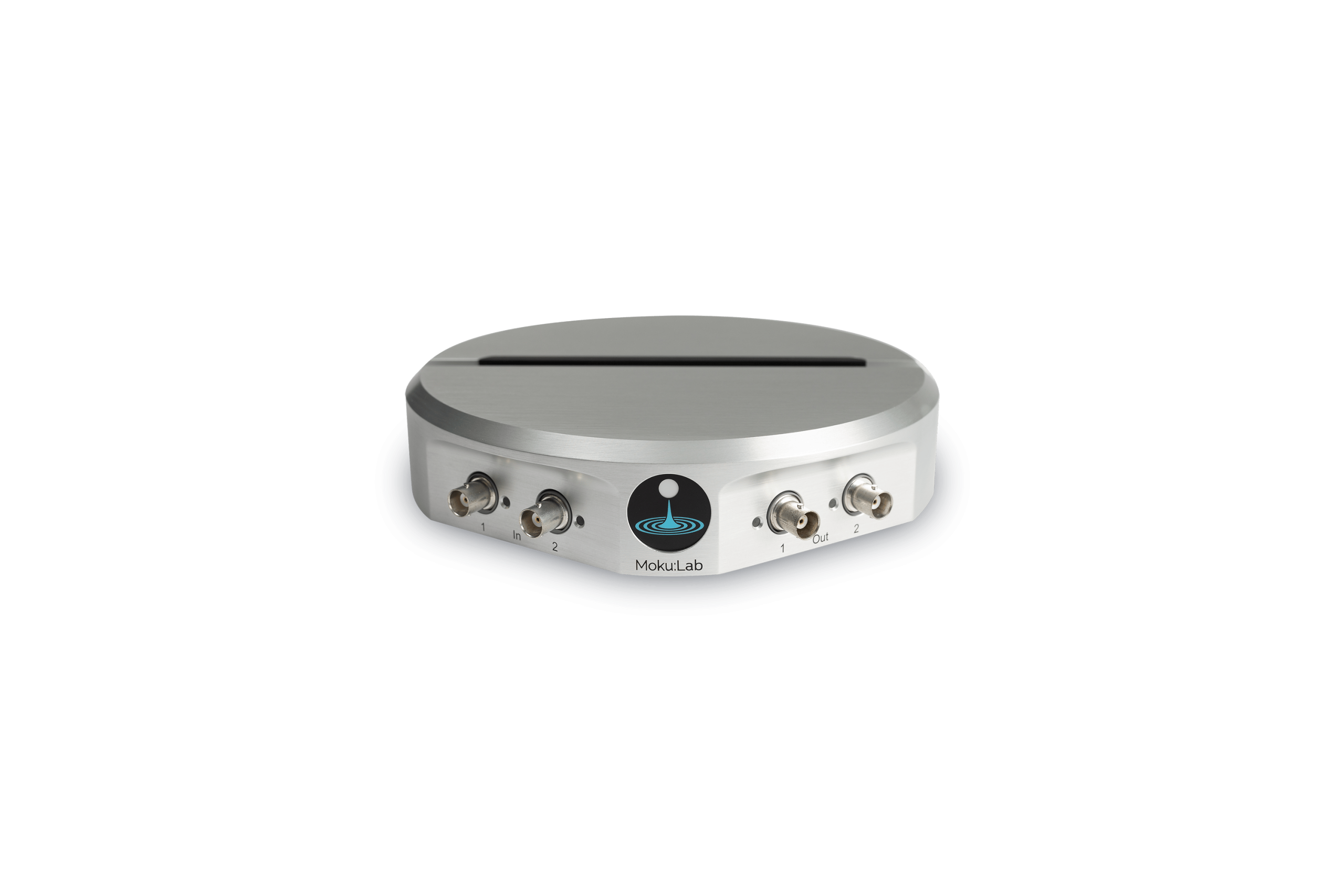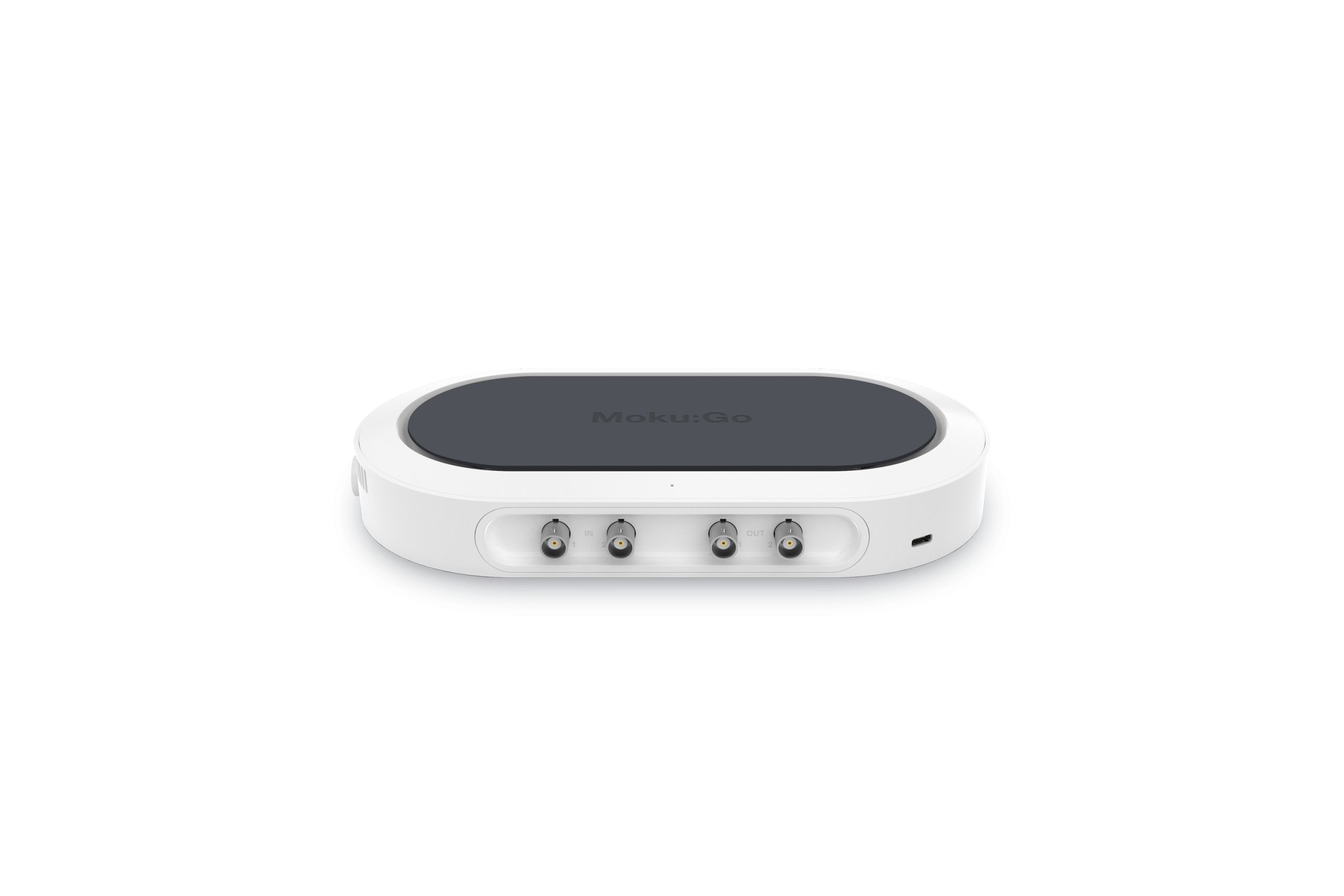Meet our leadership team
Comprised of researchers from CEO Daniel Shaddock’s lab alongside industry experts, our leadership team is making breakthroughs in test and measurement.

Prof. Daniel Shaddock
Chief Executive Officer


Danielle Wuchenich, Ph.D.
Chief Operating Officer


Ben Nizette
Chief Technology Officer


Paul Altin, Ph.D.
Chief Scientist


Laurie Chan
Chief Financial Officer


Ben Coughlan, Ph.D.
Chief Software Architect


Kate Mueller
Sr Director of Product Management
Board of Directors
Saar Gillai
Chair of the Board, Liquid Instruments
Independent Director, Semtech
Brian Schmidt, Ph.D.
Nobel Laureate
Distinguished Professor,
The Australian National University
Daniel Shaddock, Ph.D.
CEO, Liquid Instruments
Danielle Wuchenich, Ph.D.
Chief Operating Officer, Liquid Instruments
Jimmy Kan, Ph.D.
Partner, Anzu Partners
Ken Kroeger
Former CEO/Chairman, Seeing Machines
Robert Routley
CEO, Acorn Capital Ltd.



